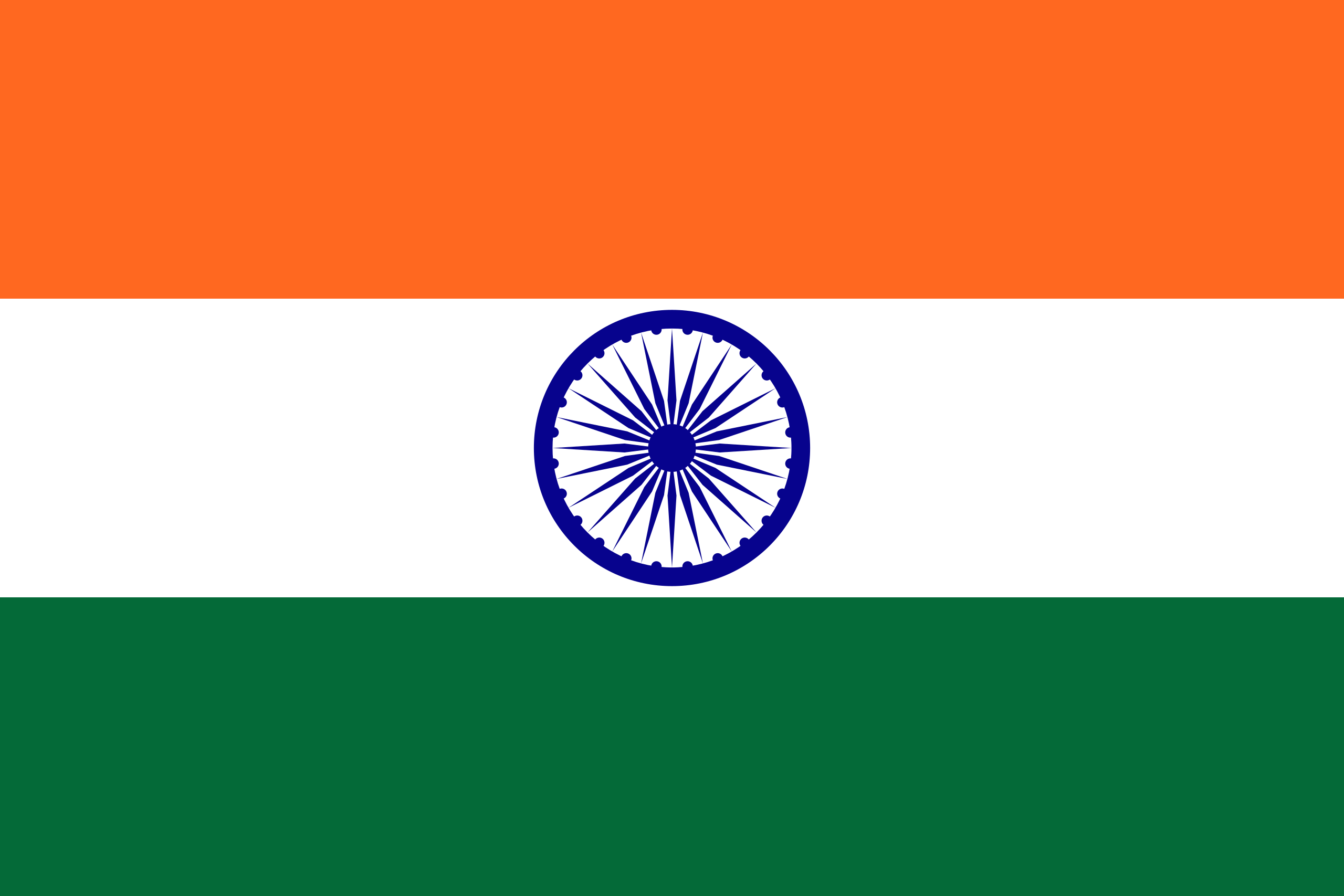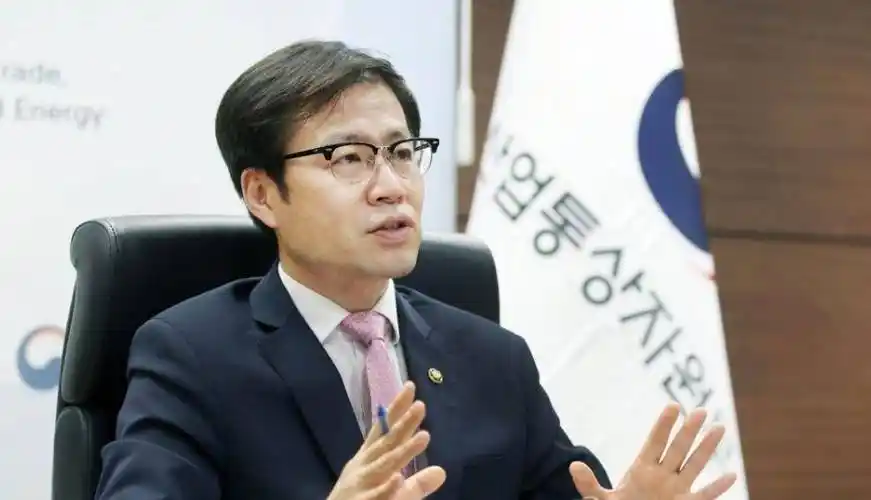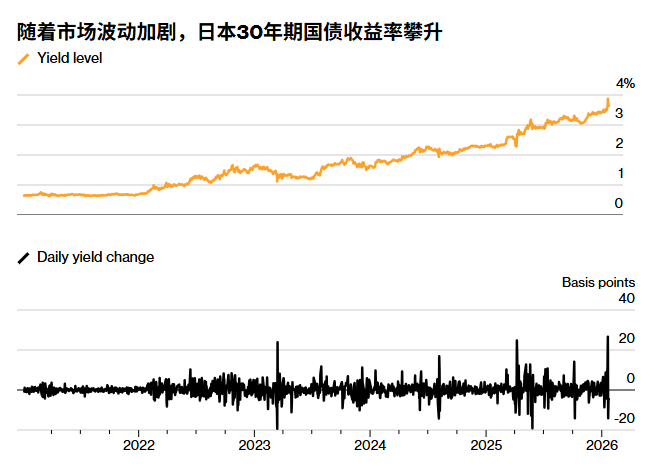The Liberal Party of Canada won the general election for the fourth consecutive time. Mark Carney, the former governor of the Bank of Canada, who promised to boost economic growth and confront US President Donald Trump in the trade war during the election campaign, was eventually appointed.
As of 10:14 p.m. Ottawa time, Liberal Party candidates have led or won 135 of the 343 seats, ahead of the Conservative Party’s 88 seats. According to predictions from major TV networks, the Liberal Party will secure enough seats to form a government, but it remains unclear whether they will win a majority or be forced to cooperate with other parties to pass legislation.
The Liberals seem to have achieved a sweeping victory in Ontario and Quebec, the two most populous provinces. These two provinces are manufacturing centers, and key industries such as auto manufacturing, steel and aluminum are being hit by Trump’s tariff policies. The Liberals also continue to hold a dominant position in the four provinces of the Atlantic region.
Kane’s victory represents a stunning transformation for the Liberal Party. The party has governed Canada for most of the past century, but just four months ago, it seemed headed for a historic electoral defeat. The former governor of the Bank of Canada and the Bank of England became the party’s leader on March 9 and announced a general election two weeks later. He is inclined to stand up to the aggressive White House as prime minister and defend Canada’s interests.
At 60, Carney is trying to quickly show his differences from his predecessor Justin Trudeau – given the new foreign policy in Washington, he is more focused on the economy and is committed to building new trade and security alliances. His first step is to cancel some of Trudeau’s less popular policies, such as the carbon tax on consumers, and visit two European allies – French President Emmanuel Macron and British Prime Minister Keir Starmer.
After the campaign kicked off, Carney repeatedly stated that Canadians need to understand that the close relationship between Canada and the United States has been undermined by Trump’s actions, including the president’s claim that Canada should become the 51st state. In the last week of March, Trump signed an order to impose auto tariffs, and Carney said, “It is clear that the United States is no longer a reliable partner.”
His calm and low-key demeanor in public, along with his experience as a policy maker and economist, helped convince voters that he was the best person to lead Canada into a new world order and quickly won the support of those who were disappointed with Trudeau. A poll conducted near the end of the campaign showed that Carney led Polierver by about 10 percentage points in terms of who would be the best prime minister.
But after leading the two major central banks of the G7 through the 2008 financial crisis and the Brexit, Carney now has to live up to his reputation as a perfect crisis manager.
The Canadian economy that Carney took over was on the verge of recession and unable to address the long-standing productivity crisis. Canada was already facing punitive tariffs from the United States and might face more in the future.
“The focus will be more on economic health, diversifying trade partnerships and strengthening the Canadian economy,” said Lori Turnbull, a professor at the Schulich School of Management at Dalhousie University in Halifax, Nova Scotia. “So this will be a significant departure from the Trudeau government’s priorities.”
The prime minister has proposed large-scale projects for “national building”, such as new energy infrastructure – but as an environmentalist, he also wants to retain green protection measures, such as imposing a carbon tax on industry. Carney has said that he hopes to double the scale of housing construction, partly through government-backed financing projects for prefabricated houses. But the government has just significantly cut immigration targets, which reduces opportunities for skilled workers from overseas.
Moreover, the leaders of conservative and oil-rich Alberta have put forward a series of demands and threatened that if these demands are not met, it will trigger an “unprecedented national unity crisis”.
The leader of the Liberal Party proposed a plan to increase the deficit during the election campaign, partly to boost infrastructure spending and cut income tax.


